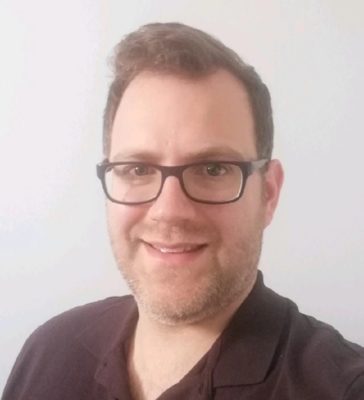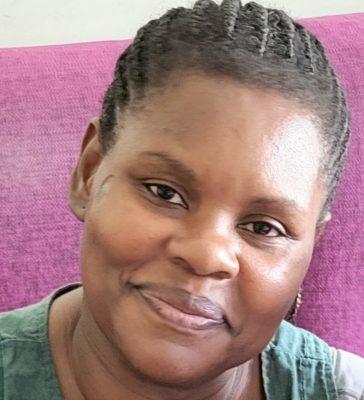
Elena Rueda
Current Employer/Organisation Name
Dama Health
What have you been doing since leaving Exeter, and what are you doing now?
After graduating from my BSc from Exeter I entered my first job role in a graduate scheme as a junior operations manager at Clece Care Services in London. I worked in the social care industry for around two years before applying to a Masters programme at Imperial Business School in Innovation, Entrepreneurship and Management. For my job placement I secured a spot at Merck KGaA’s Innovation Center in Darmstadt, Germany where I moved to and ended up working there for around 2 years during the pandemic. I worked in the Business Builder team and as a consultant for the Silicon Valley Hub in innovation projects relating to 3D drug printing, 3, antibiotic resistance and women’s health. I then founded my own company Dama Health in 2021, and am working full-time there now. Dama Health is a female technology start-up using AI analytics and genetic sequencing to personalise the way in which women are matched and prescribed contraception and other hormonal medication.
Why did you choose this career? And what do you enjoy most about your work?
I have always been fascinated by medical research and simply admire the work of scientists and researchers in helping humanity understand the world around them that little bit more. At the same time, though, I have felt frustrated at times by how this progress is communicated to the world, and how much of the research doesn’t quite make it beyond the lab bench and journal page. The world of healthcare innovation and Health Tech was a space that I was deeply fascinated by in terms of the speed, investment and applicability to the end users/patients. I think my strong curiosity to learn and apply those learnings to help others was the main driver towards jumping into the entrepreneurial journey.
Please tell us if you were a member of any societies, groups or sports clubs?
Yes, I joined quite a few societies and sports clubs during my studies including, the BUCS 1st Team Women’s Basketball (where I was the Social Secretary Committee member), a member of the Clinical Sciences Society, Volleyball Club, Muay Thai Club, Intramural Football league, the European, Spanish and Scandinavian Society, Exeter Student Volunteers, Snow Sports and Ski Club.
What did you enjoy most about your programme and what was the biggest highlight?
I really enjoyed the content taught and research inspired teaching modules. The content was very up to date and most the lecturers that taught me he applied their own work and publications into their teachings. I also really enjoyed the translational medical science module and and final research project which I complete at the Royal Devon and Exeter Hospital with the Complex Disease Epigenetics Research Group.
Why did you choose to study at Exeter?
It had a great reputation abroad. I knew several people who had studied at Exeter and thoroughly enjoyed it and had several friends from my International School in Amsterdam and other International schools around Europe who had applied to study there. I also loved that it was a campus University and the town was close to the University. This was important to me when moving abroad at 18 and allowing me to have the autonomy I wanted. The Medical Sciences course was very unique, and looking back I would say it prepares you very well for multiple career paths, e.g. medical doctors, scientist, PhD, consulting.
What skills and experiences have been most useful for your career?
We had a lot of small group learning and group work/projects embedded into our course which I felt really really exposed students to enhancing their collaboration and communication skills in academic and professional environments which is extremely useful for future career life.
What advice would you give to a current student who wishes to pursue your career?
There isn’t just one right path to take to achieve your career goals! Don’t worry or stress if you are not sure what you want to do or where you want to be. My advice is to try out many things until you find something that makes you excited to get up in the morning for. I have always been very open to trying new experiences, whether this was in the form of an internship, volunteering opportunity, networking event or job role. Make the most of each of these opportunities to learn from them, build a network, remain humble and don’t be shy to ask for help or advise or mentorship when you need it. Especially if you want to get into the entrepreneurship world, network and connections are key (as well as a diverse skill set and an open-mind)!
What are your plans for the future?
At the moment I am fully invested in growing Dama Health and making it as successful as possible. We have just raised our pre-seed funding round and have many exciting opportunities and project ideas to tackle in the next year to come!

